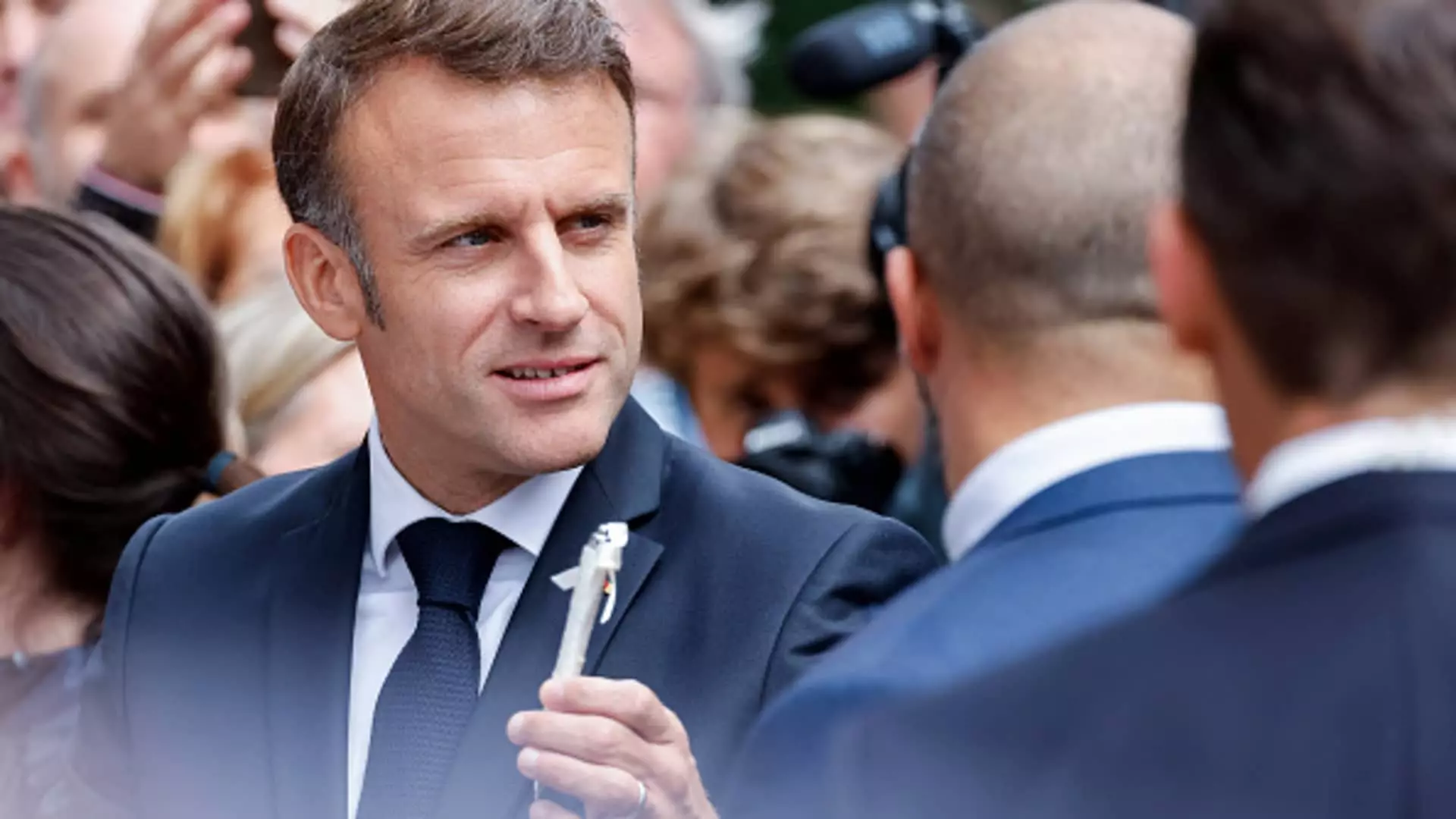French President Emmanuel Macron’s decision to call for a snap election in an attempt to gain clarity on support for his government has backfired. Despite his efforts, the outcome of the election did not go as planned, leaving Macron in a precarious position. Armin Steinbach, an expert in EU Law and economics, believes that Macron’s gamble did not pay off, as he failed to achieve the desired results.
The far-right Rassemblement National (RN) had been gaining momentum leading up to the election, causing concerns about their potential dominance on a national level. However, the final results painted a different picture, with the left-wing New Popular Front coalition emerging as the party with the largest number of seats. Macron’s centrist Ensemble bloc followed closely behind, with the RN coming in third. Despite not securing the top spot, the increase in seats for RN presents a challenge for Macron moving forward.
Tina Fordham, a political analyst, highlighted the difficulties that Macron will face in navigating a parliament that is divided among various political ideologies. With no party holding an absolute majority, policy-making and addressing critical issues such as public finances could prove to be challenging. The hung parliament scenario creates a risk of gridlock, making it harder for Macron to push forward his agenda effectively.
The election outcome has not only weakened Macron domestically but also on a global scale. Fordham suggested that Macron’s ability to maintain his policy positions will be compromised as a result of the election results. With the rise of RN and the fragmented nature of the new parliament, Macron will have to face a real political fight to push for his policies and initiatives.
Looking ahead, Steinbach cautioned against underestimating the far-right’s capabilities in future elections. While they may have faced a setback in the recent election, this does not discount their potential to make gains in the upcoming presidential election in 2027. The current political landscape in France remains uncertain, with Macron facing challenges in navigating a divided parliament and addressing pressing economic issues.
Macron’s decision to call for a snap election in an attempt to solidify support for his government has not yielded the desired outcome. The volatile political climate in France, characterized by a fragmented parliament and a rising far-right presence, poses significant challenges for Macron as he seeks to maintain stability and push forward his policy agenda. The aftermath of the election serves as a stark reminder of the risks associated with political gambles and the unpredictable nature of democratic processes.


Leave a Reply